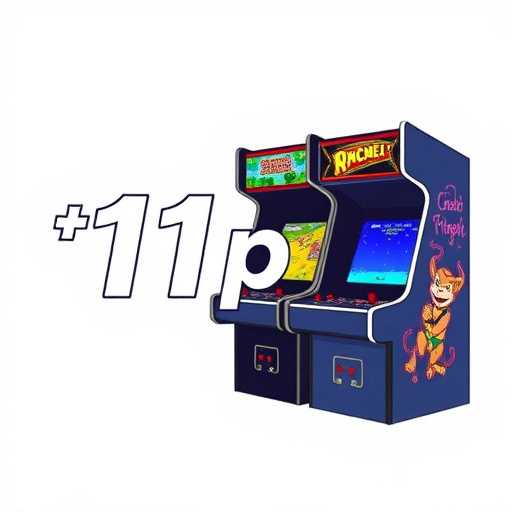Discover how arcade games have evolved over the decades, and explore why they continue to captivate audiences worldwide despite changes in the gaming landscape.
The world of arcade games is a fascinating journey that spans over several decades, capturing the hearts and attention of gamers young and old. From their humble beginnings with pinball machines to the dawning of digital and video gaming, arcade games have left an indelible mark on the entertainment industry. With a keyword like '11ph', we delve into how these games have managed to stay relevant in an ever-evolving digital world.
Arcade games first became a cultural phenomenon in the late 1970s and early 1980s. Games like 'Pac-Man', 'Space Invaders', and 'Galaga' dominated arcades, often considered the forerunners of modern-day gaming. They offered simple yet challenging gameplay that required dexterity, quick reflexes, and strategic thinking. The vibrant lights and sounds of an arcade filled with enthusiastic players created a unique social environment that was cherished by gaming communities.
The keyword '11ph', although not directly linked to a specific arcade game, can be seen as a metaphor for the speed and thrill these games offer. One could argue that the experience of playing arcade games is akin to the acceleration and thrill one might experience at 11 miles per hour—fast enough to bring an exhilarating rush, yet controlled enough to maintain engagement and focus.
As technology advanced, arcade games evolved to incorporate more sophisticated graphics, complex storylines, and a variety of game genres. The late 1980s and 1990s saw the advent of famous franchises like 'Street Fighter' and 'Mortal Kombat', which not only introduced competitive fighting games but also pushed the boundaries of graphics and gameplay complexity. These games elevated arcades into arenas of intense competition and skill showcase, further cementing their legacy.
Despite the rise of home consoles and mobile gaming, arcades continue to hold their ground. Retro gaming cafes and arcade bars have emerged, providing a sense of nostalgia and an authentic gaming experience that digital downloads cannot replicate. The tactile feedback of joysticks and buttons, combined with the communal atmosphere of shared gaming experiences, evokes a sense of camaraderie and nostalgia that many find irreplaceable.
In essence, arcade games are a testament to the simplicity and joy that gaming can bring, acting as a bridge between past and present generations of gamers. Whether played seriously or casually, arcade games remain an important cultural icon in the gaming industry, proving that the thrill of a challenge, much like the imagined speed of '11ph', never goes out of style.




